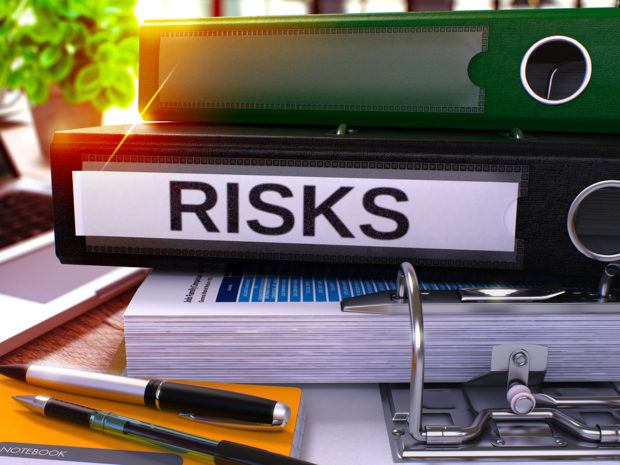A major $200 billion loss from a combination of a cyber attack, U.S. hurricane and the failure of a reinsurer could strip insurers of up to 120 percent of their net capital base, tests of insurers in London showed.
However, capital-raising or asset sales meant losses would not put the insurers out of business, according to the results of the tests published on Tuesday.
Nine insurers and reinsurers staged two weeks of catastrophe simulations in London last November, dealing with a cyber attack on power grids across 15 U.S. states, a 16 percent slide in global stocks, a category 5 hurricane over Miami, Florida and the failure of a major reinsurer.
The simulation was for insurance losses nearly 10 times greater than those suffered during the 9/11 terror attacks in the United States in 2001, and double those seen during the combination of Hurricanes Katrina, Rita and Wilma in 2005.
The tests, led by Robert Childs, chairman of insurer Hiscox , were observed by the Prudential Regulation Authority, the UK finance ministry and ratings agencies.
Childs said the 9/11 attacks were the last to be a market-turning event for insurers in terms of their shock value.
The aim of the tests was to “have a really nasty loss and see who will pay for it and how we will deal with it … we want to be ready,” Childs said.
Insurers in the tests lost between 30 and 120 percent of their capital, and sought replacement capital from their parent company or bond or equity markets.
Chris Moulder, director for general insurance at the Prudential Regulation Authority, said access to capital or reinsurance might not be as easy as insurers think in the event of a genuine catastrophe.
Molder added it was important for firms “to consider what they might do if the level of uncertainty is high, or the actions being taken across the market as a whole affect an individual firm’s ability to act in the way it might have originally planned.”
Other participants in the tests included Lloyd’s of London and insurers RSA and XL Catlin, and brokers Aon and Willis Towers Watson. Consultants McKinsey designed the tests.





















 State Farm Mutual to Pay $5B Dividend to Auto Insurance Customers
State Farm Mutual to Pay $5B Dividend to Auto Insurance Customers  Beyond Automation: The Emerging Role for Contextual AI in Insurance
Beyond Automation: The Emerging Role for Contextual AI in Insurance  From Skill to System: The Next Chapter in Insurance Claims Negotiation
From Skill to System: The Next Chapter in Insurance Claims Negotiation  Is Risk the Main Ingredient in Ultra-Processed Food?
Is Risk the Main Ingredient in Ultra-Processed Food? 








